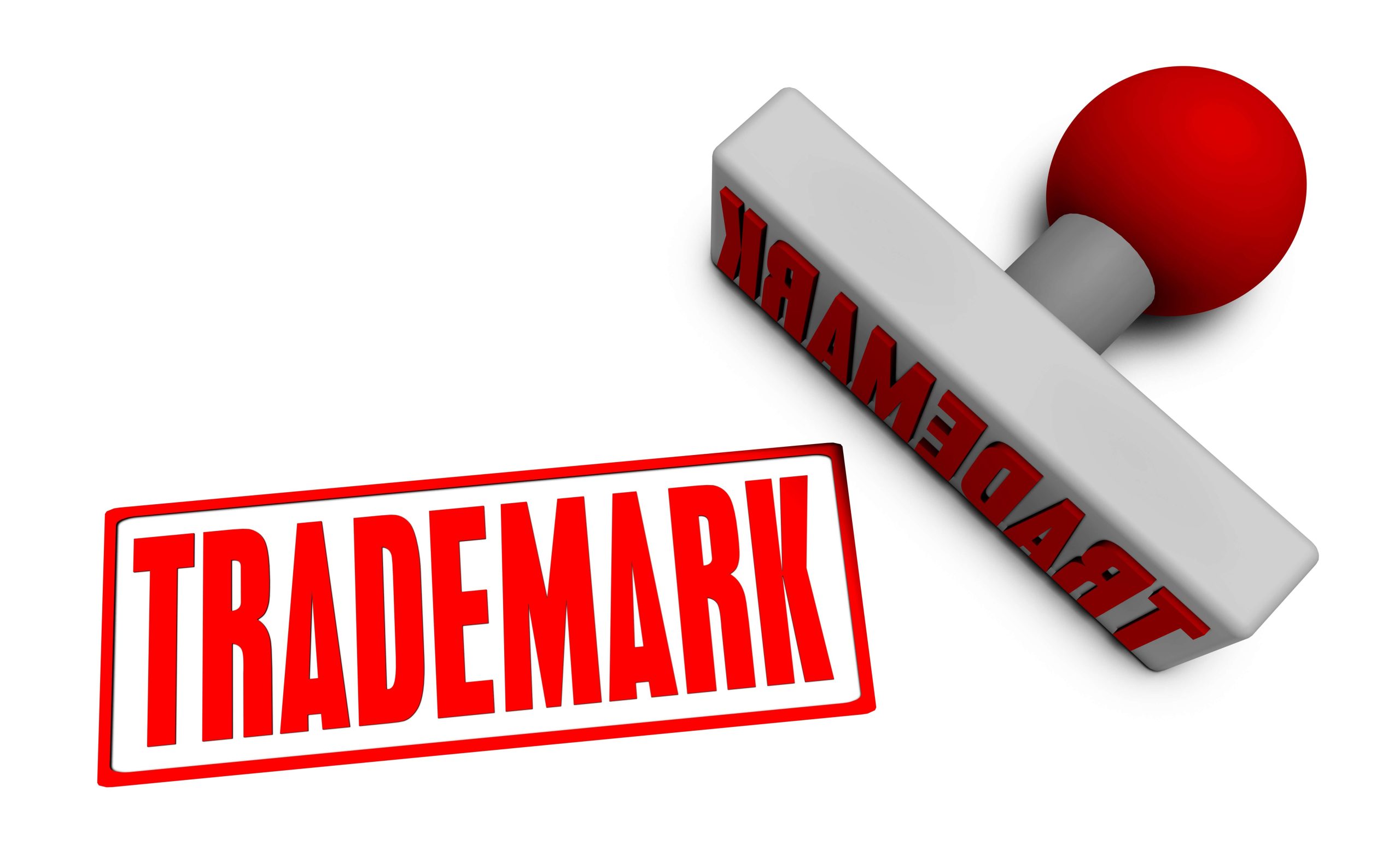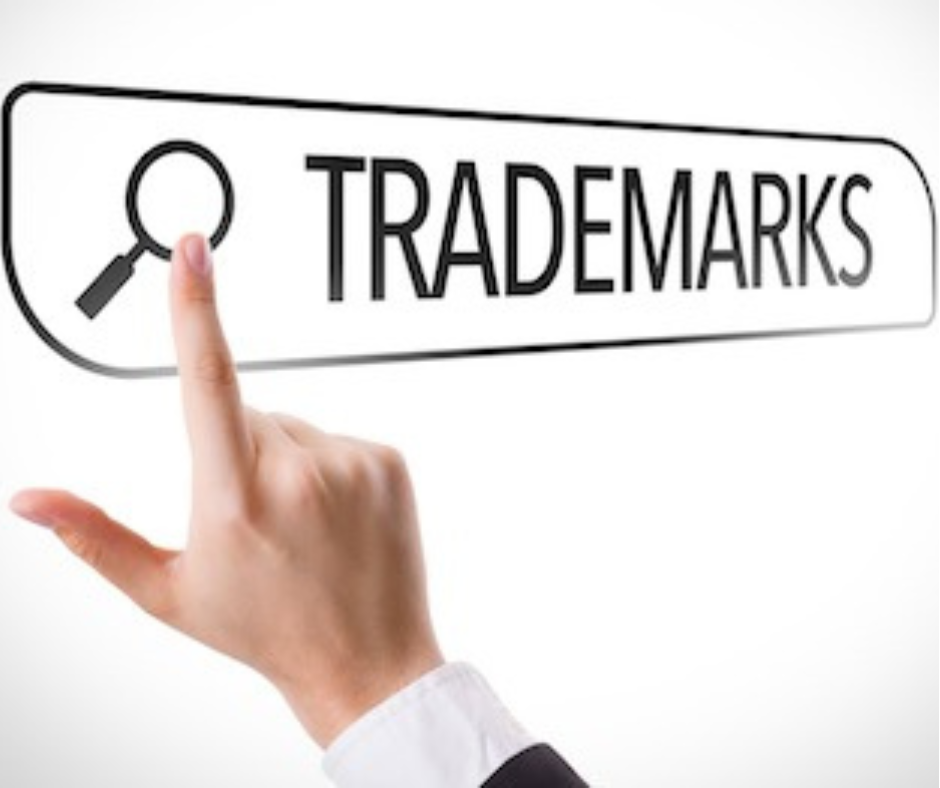In today’s competitive business landscape, protecting your brand identity and intellectual property is paramount. One of the most effective ways to safeguard your brand and its assets is by registering a trademark. Dr. Bilal Ahmad Bhat, Founder of Global Defense Venture, highlights the top 10 reasons why registering a trademark is essential for businesses and creators. Legal Protection: Registering a trademark provides legal protection against unauthorized use, infringement, and counterfeiting of your brand name, logo, slogan, or product packaging. It gives you exclusive rights to use the trademark in connection with your goods or services, enhancing your ability to defend your brand in court if necessary. Example: Apple Inc. has registered trademarks for its iconic logo, brand name, and product names such as iPhone and MacBook, allowing them to take legal action against counterfeiters and unauthorized use of their trademarks. Brand Recognition: A registered trademark builds brand recognition and trust among consumers. It distinguishes your products or services from competitors, creating a unique identity that resonates with your target audience and fosters brand loyalty. Example: The Nike “swoosh” logo and the McDonald’s golden arches are instantly recognizable trademarks that symbolize quality, reliability, and consistency to consumers worldwide. Exclusive Rights: Registering a trademark grants you exclusive rights to use the trademark in connection with specific goods or services within your industry. It prevents others from using similar marks that may cause confusion among consumers or dilute the distinctiveness of your brand. Example: Coca-Cola holds exclusive rights to its distinctive logo, allowing them to prevent others from using similar designs on beverage products and related merchandise. Marketability: A registered trademark enhances the marketability and value of your products or services. It signals to consumers that your brand is authentic, reputable, and legally protected, increasing their confidence in choosing your offerings over competitors. Example: The “Intel Inside” logo is a registered trademark that signifies quality and performance in computer processors, influencing consumers’ purchasing decisions and driving sales for Intel Corporation. Global Protection: Registering a trademark provides protection not only in your home country but also in international markets where you conduct business. It allows you to expand your brand presence globally without the risk of trademark infringement by competitors. Example: Starbucks has registered trademarks for its logo, brand name, and iconic green mermaid symbol in multiple countries, ensuring comprehensive protection for its brand identity worldwide. Brand Extension: A registered trademark enables you to extend your brand into new product lines or services without the risk of brand dilution or confusion. It gives you the flexibility to diversify your offerings while maintaining the integrity and recognition of your brand. Example: Amazon has successfully extended its brand from an online marketplace to include services such as cloud computing (Amazon Web Services) and entertainment (Amazon Prime Video), leveraging its registered trademarks to maintain brand consistency and trust. Licensing Opportunities: Registering a trademark opens up licensing opportunities, allowing you to grant permission to third parties to use your trademark in exchange for royalties or licensing fees. It can generate additional revenue streams and expand your brand’s reach to new markets or industries. Example: Disney licenses its trademarked characters, such as Mickey Mouse and Elsa from Frozen, to toy manufacturers, theme parks, and merchandise retailers, generating significant revenue from licensing agreements. Brand Reputation: A registered trademark enhances your brand’s reputation and credibility in the eyes of customers, partners, investors, and stakeholders. It demonstrates your commitment to protecting your brand identity and upholding quality standards, building trust and loyalty over time. Example: Rolex’s registered trademark for its logo and luxury watches is synonymous with prestige, craftsmanship, and exclusivity, contributing to its strong brand reputation and loyal customer base. Prevents Trademark Squatting: Registering a trademark prevents trademark squatting, where individuals or entities register trademarks similar to yours with the intent to profit or cause harm to your brand. It establishes your ownership and rights to the trademark, deterring potential infringers and safeguarding your brand’s integrity. Example: Facebook registered the trademark “Meta” for its metaverse initiatives, preventing others from squatting on similar marks and capitalizing on the growing interest in virtual reality and digital experiences. Future Proofing: Registering a trademark future-proofs your brand against evolving market trends, industry changes, and competitive challenges. It gives you a strong legal foundation to adapt and grow your brand while maintaining consistency and protection for your intellectual property assets. Example: Google registered its trademark for the iconic multicolor logo, enabling the company to evolve its brand identity over time while preserving brand recognition and legal protection. In conclusion, registering a trademark offers numerous benefits and advantages for businesses and creators, including legal protection, brand recognition, exclusive rights, marketability, global expansion, brand extension, licensing opportunities, brand reputation, prevention of trademark squatting, and future-proofing. Dr. Bilal Ahmad Bhat underscores the importance of proactive trademark registration as a strategic investment in safeguarding your brand’s identity, reputation, and long-term success in the marketplace.
Unlocking Success: Top 10 Reasons to Register a Trademark





One thought on “Unlocking Success: Top 10 Reasons to Register a Trademark”